Publications
Articles, publications, books, tools and multimedia features from the U.S. Institute of Peace provide the latest news, analysis, research findings, practitioner guides and reports, all related to the conflict zones and issues that are at the center of the Institute’s work to prevent and reduce violent conflict.
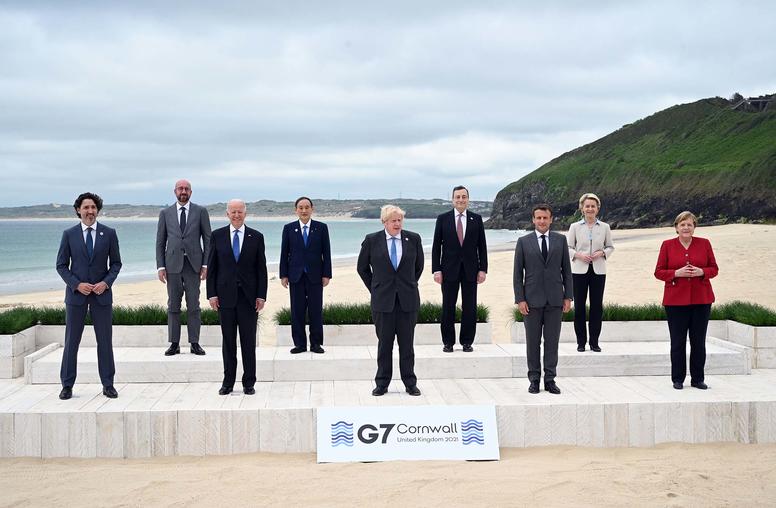
Practicing Peace and Conflict Diplomacy in a Complex World
A combination of a weakening liberal international order, sharpening U.S.-China rivalry, growing transnational threats, shrinking space for civil society and rising nationalism and populism has complicated the practice of peace and conflict diplomacy. A new volume of essays examines approaches to such diplomacy in this complex environment.
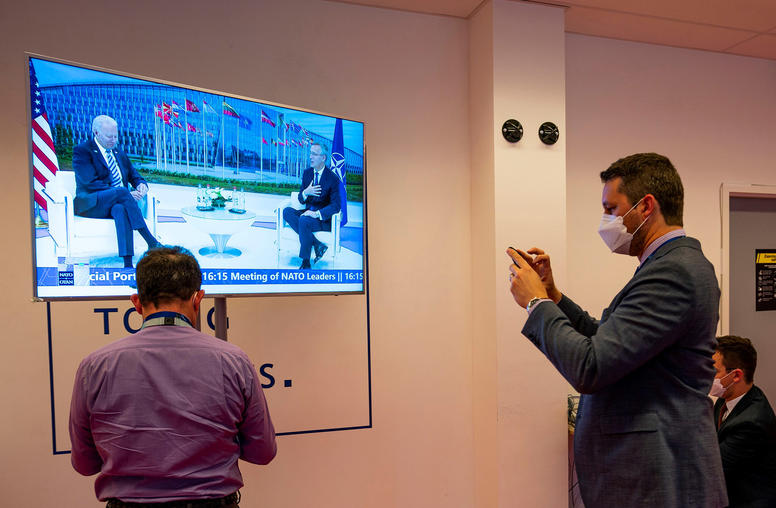
The Biden-Putin Summit: A Chance to Agree—and Disagree
While Presidents Biden and Putin meet amid the strained U.S.-Russian relations in a generation, this week’s summit could yield moves to rebuild predictability in that relationship, especially new steps to address rising global risks to stability and security. Even as the United States confronts Putin over his wielding of selective chaos as a foreign policy crowbar, both sides share an interest in managing disparate international threats—from the weakening of the limits on nuclear weapons and the emergence of new high technology weapons, to climate change and COVID. The summit could reopen dialogue on such challenges.
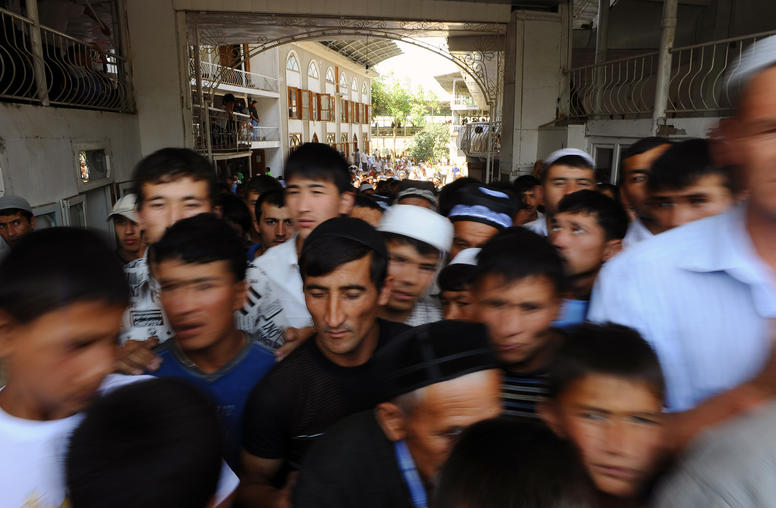
Central Asia’s Growing Internet Carries New Risks of Violence
The “Great Game” has returned to Central Asia, but with a digital twist. Where once the British and Russian empires competed over lucrative trade routes and territorial influence, today the region is at the geopolitical and ideological confluence between competing visions of internet governance. China, Russia, Europe and the United States are all seeking to shape the region’s technology environment. What happens in Central Asia will have profound implications for the five countries of the region and the future of civic freedoms and digital rights more widely.
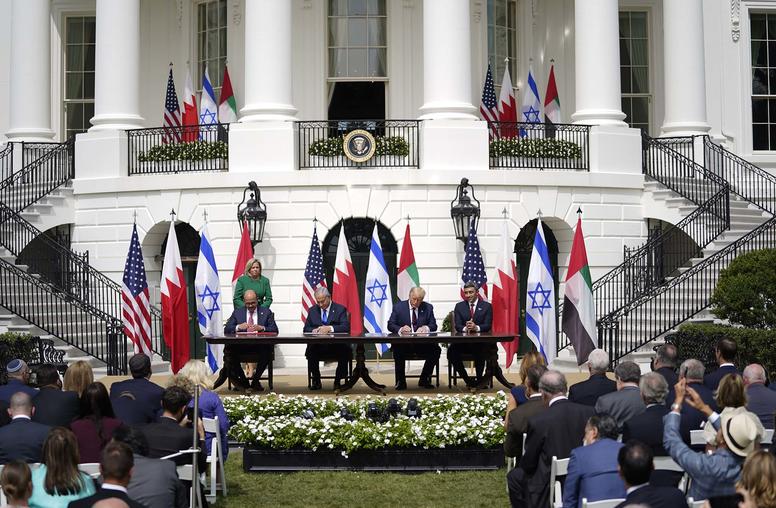
Can the ‘New Normalizers’ Advance Israeli-Palestinian Peace?
The recent outbreak of Israeli-Palestinian violence raised renewed discussion on how Arab states that inked normalization agreements with Israel in 2020 can advance peace between Israelis and Palestinians. The “new normalizers” (UAE, Bahrain, Sudan and Morocco) may be weighing the pros and cons of heavily involving themselves in efforts to resolve this protracted conflict but should not dismiss the opportunity. They can and should play a more proactive and constructive role, which would enhance regional stability and prosperity and advance the normalizers’ own interests. It will be up to the international community, the Palestinians and regional stakeholders to bring them into the peacemaking fold.
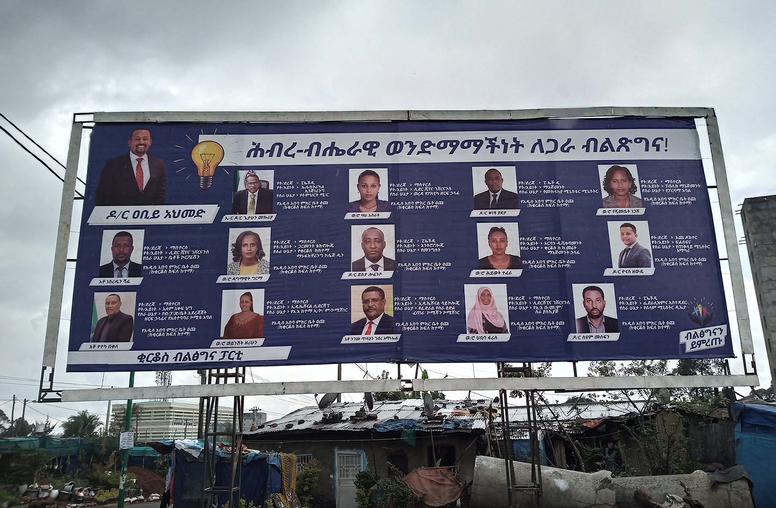
Why Ethiopia’s 2021 Elections Matter
Facing numerous technical difficulties, the National Election Board of Ethiopia (NEBE) delayed parliamentary elections from June 5 to June 21, postponing the vote for the second time. Some major opposition parties are boycotting, and no voting will take place in civil war hit Tigray or in several other areas facing insecurity. Elsewhere, deficiencies in election administration have meant voting has already been postponed in many constituencies, and some of the logistical arrangements to underpin the vote are still to be implemented. Although there are risks of electoral violence, any incidents are unlikely to be especially significant in a context of high levels of ongoing political violence.
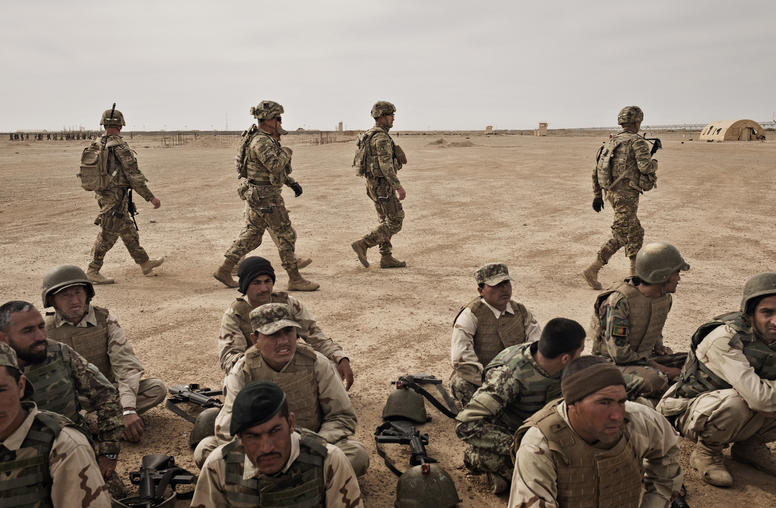
11 Things to Know: Afghanistan on the Eve of Withdrawal
U.S. and NATO troops are rapidly executing President Biden’s policy of a complete withdrawal of American troops and contactors supporting the Afghan National Defense and Security Forces (ANDSF) by a deadline of September 11. Based on the rate of progress, the last American soldier could depart before the end of July. The decision to withdraw without a cease-fire or a framework for a political agreement between the Taliban and the government caught Afghans and regional countries by surprise. The Taliban have capitalized on the moment to seize dozens of districts and project an air of confidence and victory.
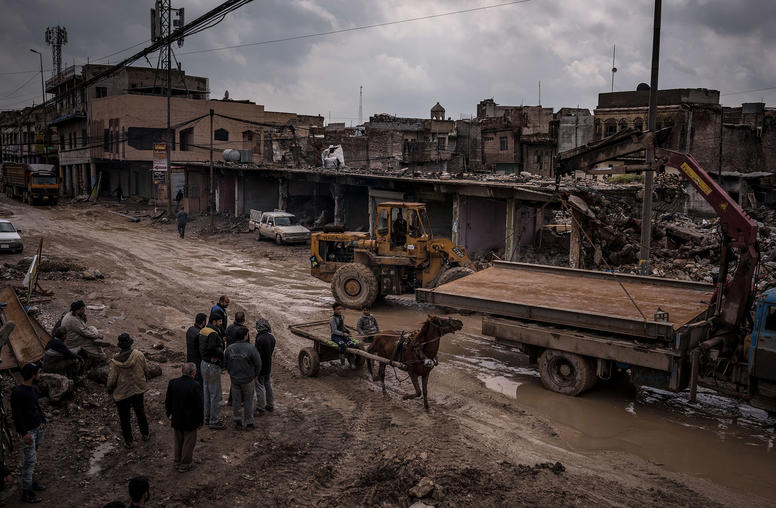
Unemployment Replaces ISIS as Top Security Concern for Minorities in Iraq
In the summer of 2014, the Islamic State group (ISIS) seized control of much of Iraq’s Nineveh province, including the provincial capital of Mosul. The militant group committed genocide against ethnic and religious minorities. Today, more than three years since the military defeat of ISIS in Iraq, ethnic and religious minority residents of three key districts of Nineveh say rampant unemployment, not ISIS, is their top security concern, according to data gathered by the United States Institute of Peace.
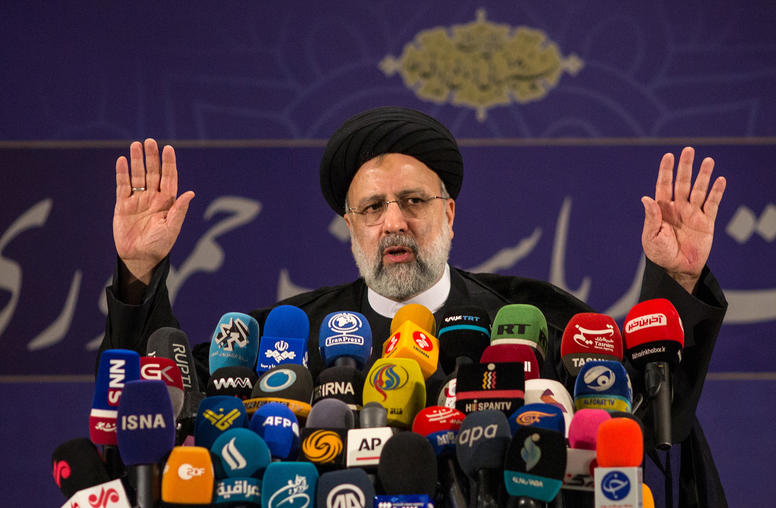
What You Need to Know About Iran’s Election and New President
Hard-liner Ebrahim Raisi won Iran's presidential election amid a historically low turnout on June 18. He will be inaugurated in early August and have significant influence over domestic policy and foreign affairs, although Supreme Leader Ayatollah Ali Khamenei has the ultimate say. Raisi’s election comes as the Biden administration is working with other major powers to bring the United States and Iran into full compliance to the 2015 nuclear deal, which the president-elect has expressed interest in reviving to take advantage of its economic benefits. USIP’s Garrett Nada looks at the implications of Raisi’s election victory and what it could mean for the Islamic Republic’s ties to the outside world.
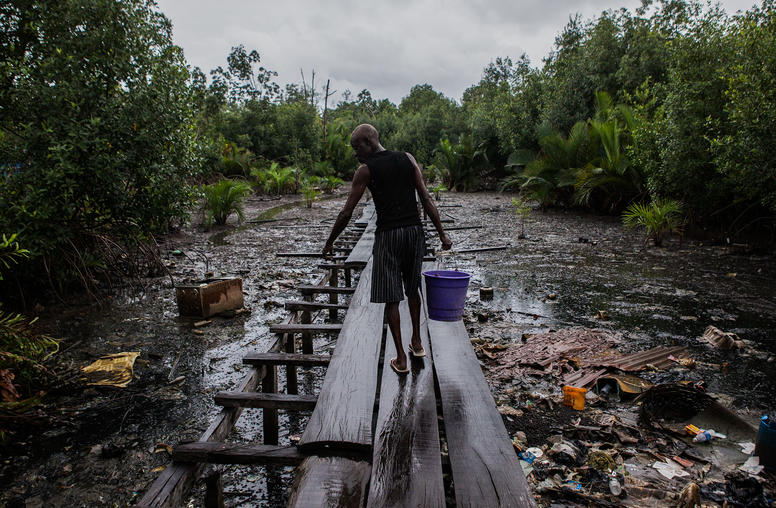
Can the World Go Green Without Destabilizing Oil-Pumping Nations?
Amid the dizzying acceleration of headlines and debate about the vital global transition to renewable energy, new research shows how that change could destabilize dozens of fragile states that depend heavily on oil exports. The new study underscores that governments and international institutions will need to guard against risks that the shift away from carbon-heavy fuels will inadvertently upset political balances and potentially ignite violent conflicts in a swath of nations from Venezuela to Nigeria to Iraq and beyond. Above all, the research suggests, the world must avoid an unplanned “traumatic decarbonization” of these economies.
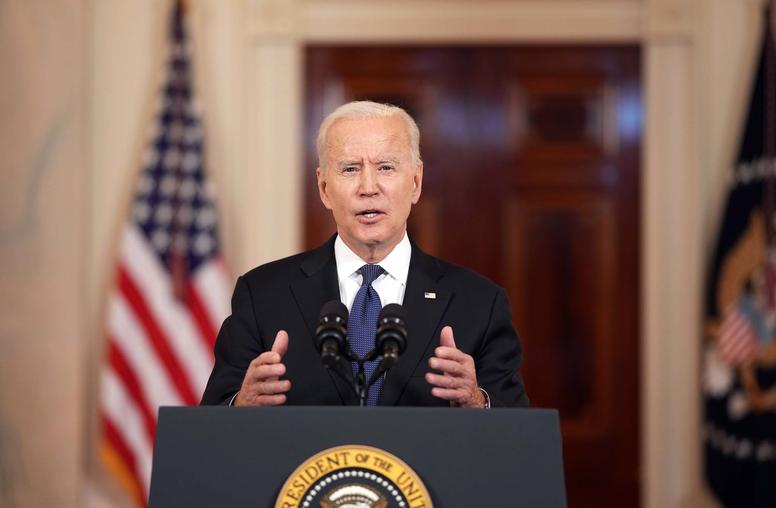
Biden’s Implicit Warning to Israelis and Palestinians
As a new government takes power in Israel, questions emerge about its collective ability and will to move the needle in a constructive direction on the ongoing occupation and the Israeli-Palestinian conflict. The narrow coalition, spanning a broad political and ideological spectrum, consists of avowed opponents of a Palestinian state — Prime Minister Naftali Bennett among them — alongside staunch advocates for the two-state solution. The governing coalition also assumes its role in a divided society on several fronts following 12 consecutive years with Prime Minister Benjamin Netanyahu at the helm.